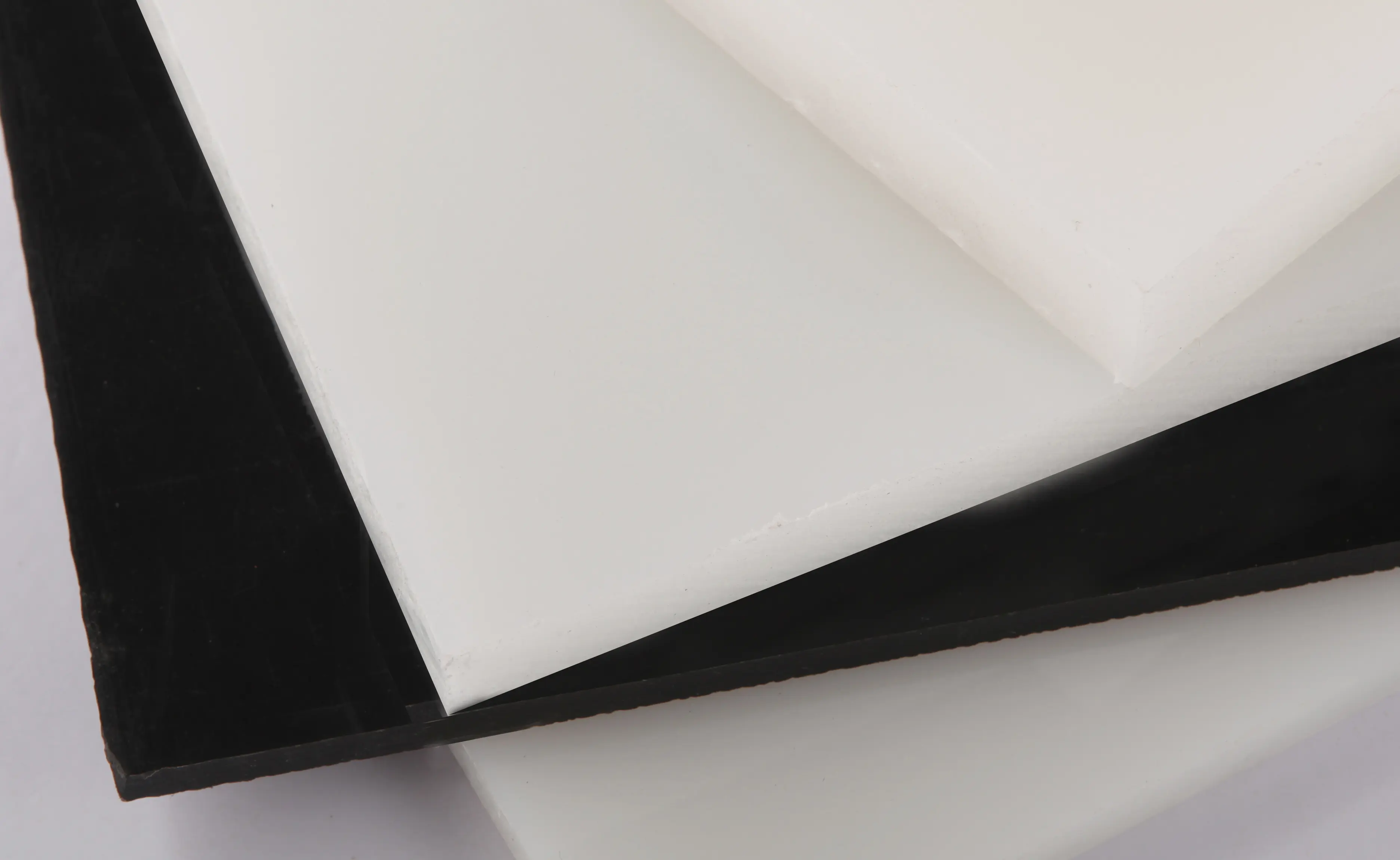Aug . 16, 2024 21:36 Back to list
Exploring the Benefits and Applications of PVC Pipe in Various Industries
The Versatility and Importance of PVC Pipe in Modern Construction
Polyvinyl chloride (PVC) pipe has become a staple in the construction and plumbing industries due to its numerous advantages and versatile applications. Since its invention, PVC has transformed how we manage water supply, drainage, and various other applications. This synthetic plastic polymer presents unique qualities that make it an excellent choice for engineers, builders, and homeowners alike.
Lightweight and Easy to Handle
One of the most significant advantages of PVC pipe is its lightweight nature. Compared to traditional materials like metal or concrete, PVC is considerably lighter, making it easier to transport and handle. This feature translates to lower shipping costs and reduced physical strain for workers during installation. Additionally, the ease of cutting and shaping PVC pipe allows for quicker assembly, which can lead to time and labor savings on construction projects.
Durability and Longevity
PVC pipe is known for its impressive durability. It is resistant to corrosion, rust, and chemical damage, making it suitable for a variety of environments. Unlike metal pipes, which can deteriorate over time due to oxidation, PVC maintains its integrity even in harsh conditions. This durability translates to a longer lifespan, often exceeding 50 years, which means less frequent replacements and repairs. As a result, using PVC pipe can significantly reduce maintenance costs and resource use over time.
Water Resistance and Minimal Leakage
pvc pipe

A key feature of PVC pipe is its excellent water resistance. The joints are tightly sealed, minimizing the risk of leaks that can lead to water wastage and structural damage. This is particularly essential in plumbing systems, where water supply lines must maintain consistent pressure and flow. The smooth interior surface of PVC pipe also reduces friction, allowing for improved flow rates and efficiency in transporting liquids. The ability to maintain a clean and leak-proof system is crucial for any plumbing or drainage project, further solidifying the position of PVC pipes as a preferred choice.
Environmentally Friendly Options
In recent years, the focus on sustainability has grown immensely, and PVC pipe manufacturers have responded by developing more environmentally friendly products. Modern PVC pipes are often produced using eco-friendly methods and materials. Additionally, they can be recycled, making them a more sustainable option compared to other materials that may not have the same recyclability. Many manufacturers are now using up to 25% recycled materials in their production processes, effectively reducing the environmental footprint associated with PVC pipe usage.
Diverse Applications
The versatility of PVC pipe extends beyond plumbing and drainage systems. PVC is used in various applications, including irrigation systems, electrical conduit, and even in the construction of furniture and signage. Its adaptability allows it to be specified in different sizes and fittings, ensuring that it meets specific project requirements. As urbanization increases, the demand for efficient and reliable infrastructure continues to rise, further reinforcing the significance of PVC pipe in modern construction.
Conclusion
In summary, PVC pipe represents a remarkable advancement in material science, offering numerous benefits that have made it indispensable in contemporary construction practices. Its lightweight nature, durability, resistance to corrosion, and versatility make it an ideal choice for various applications. As we continue to prioritize sustainability in our construction methods, the ongoing development of eco-friendly PVC products ensures that this material will remain a key player in the industry for years to come. Embracing PVC pipe is not just a smart choice for projects; it is a commitment to building a more efficient and sustainable future.
-
PVC Grey Sheet for Extraction: Chemical Resistant & Durable
NewsAug.19,2025
-
Durable PVC Pipe Fittings for Plumbing & Irrigation Needs
NewsAug.18,2025
-
HDPE Steel Belt Reinforced Spiral Corrugated Pipe | High Strength
NewsAug.17,2025
-
HDPE Pipe Fittings: Durable, Leak-Proof Solutions
NewsAug.16,2025
-
Premium CPVC Sheet: High-Temp & Chemical Resistant Solutions
NewsAug.15,2025
-
Durable PPR Pipe for Hot & Cold Water Systems - Easy Install
NewsAug.14,2025

